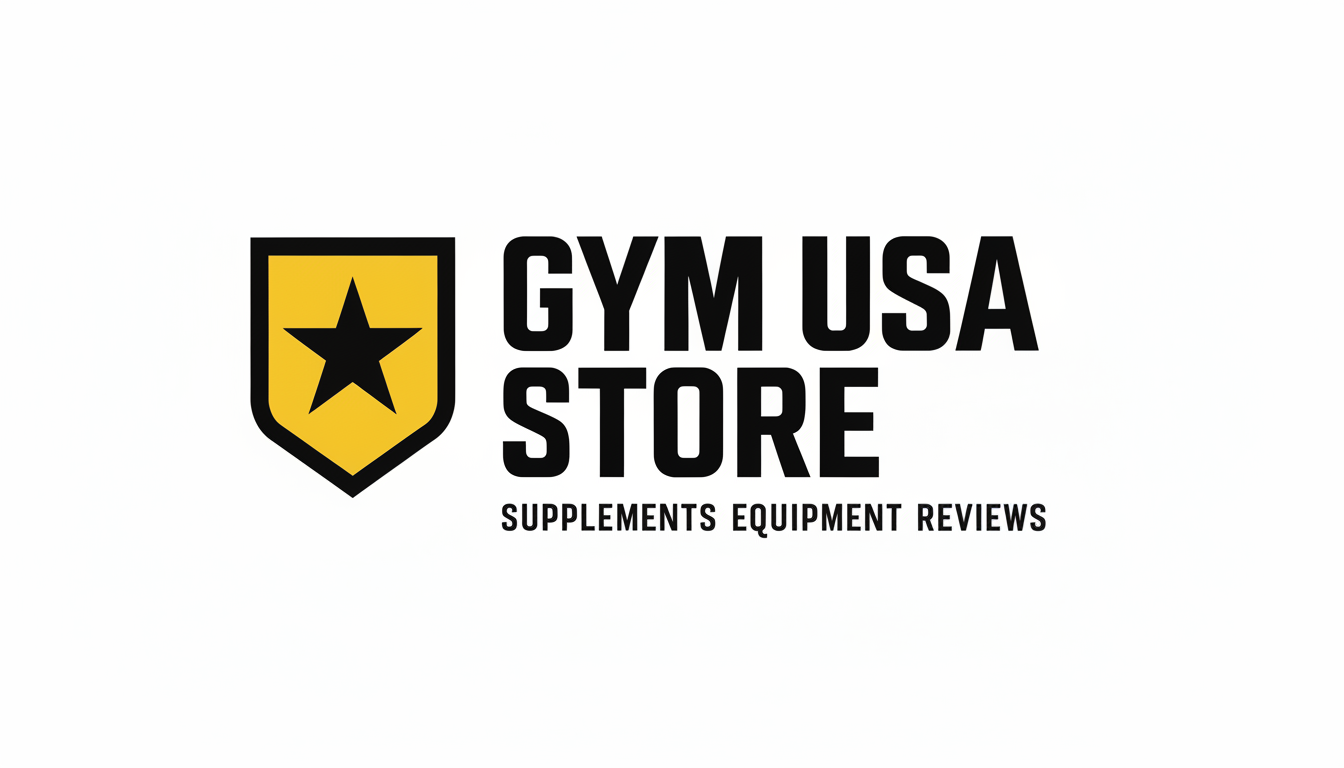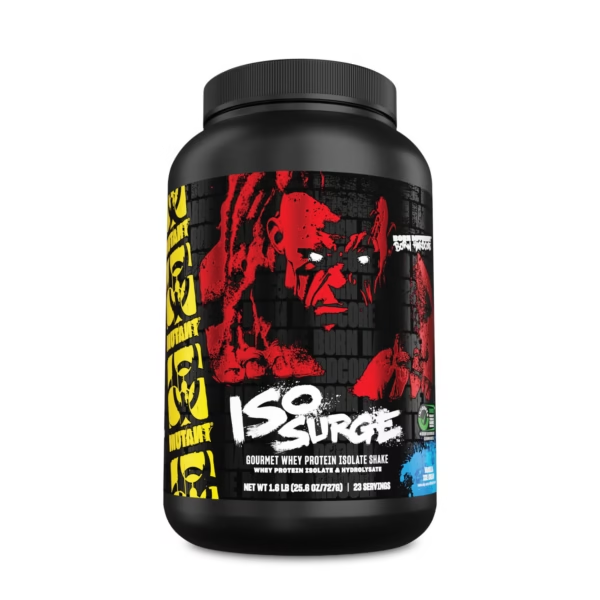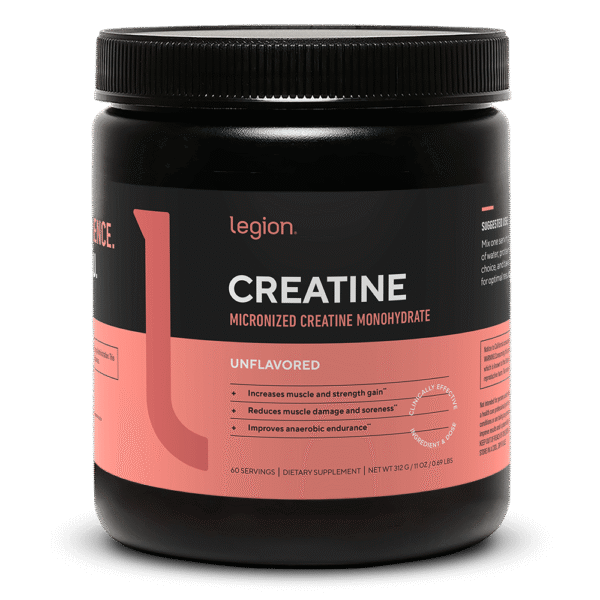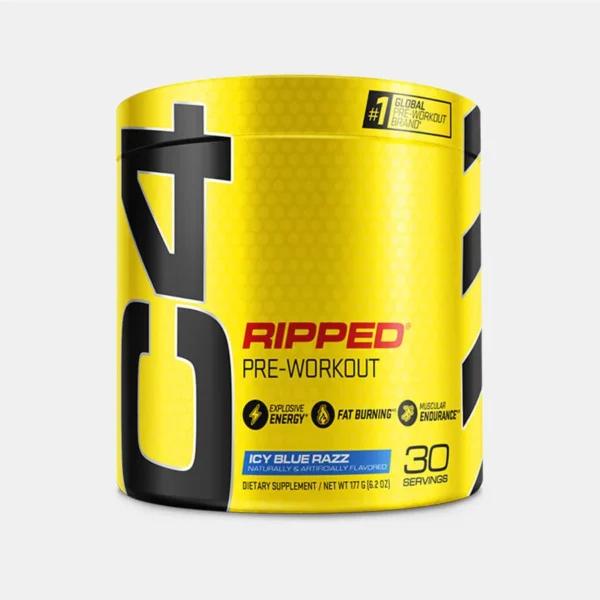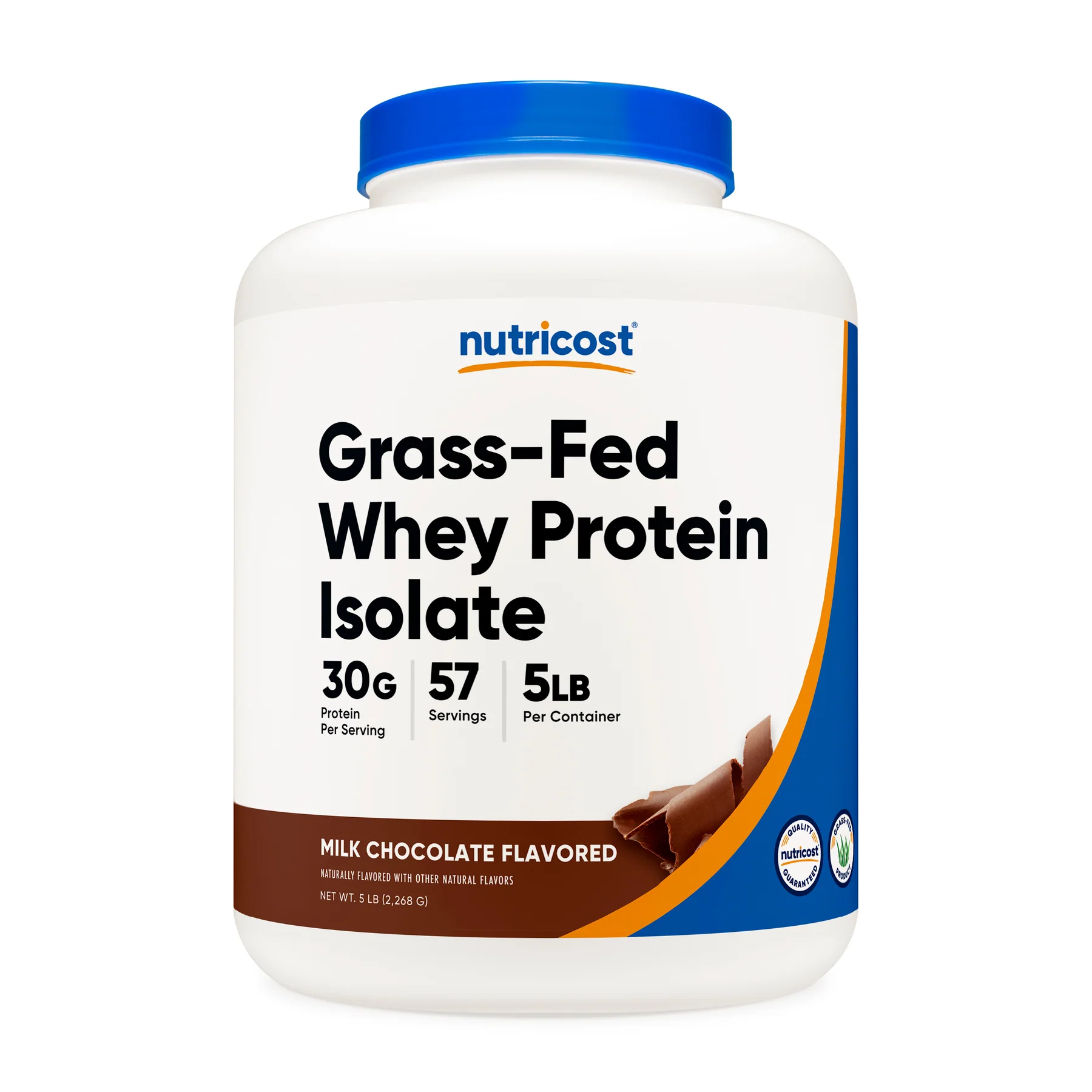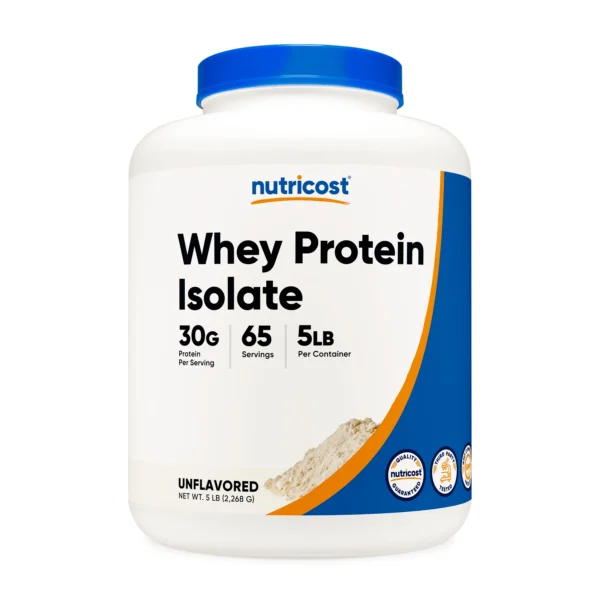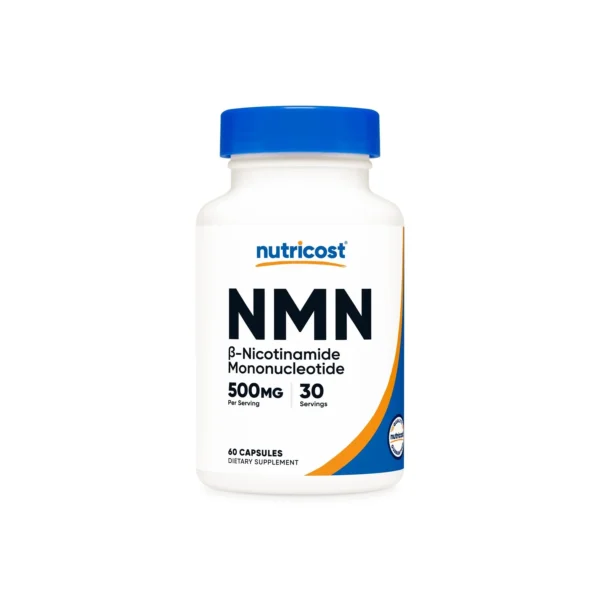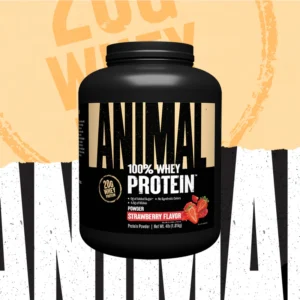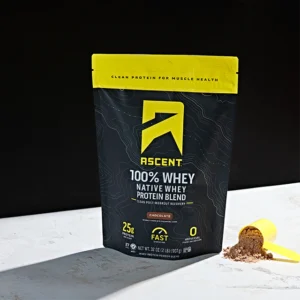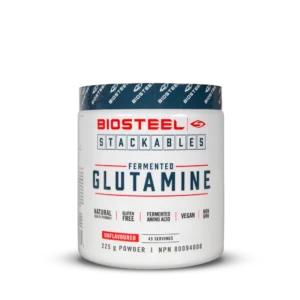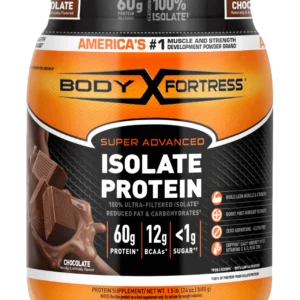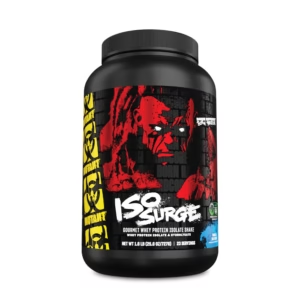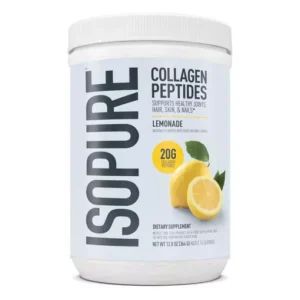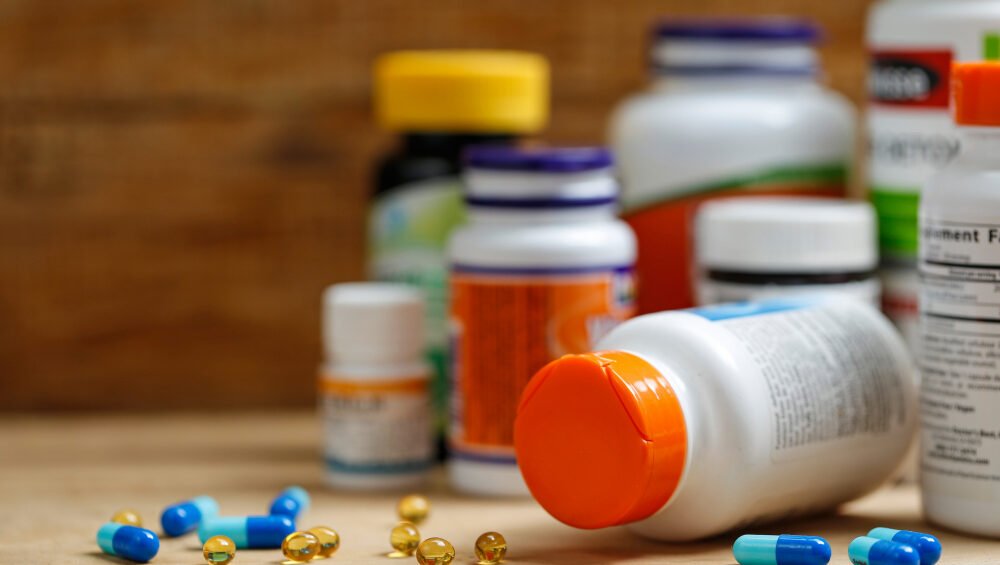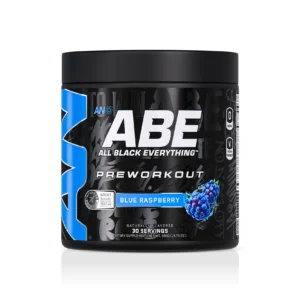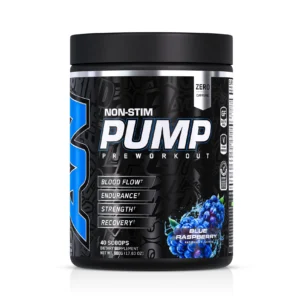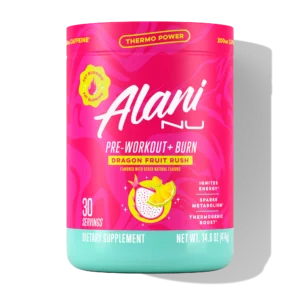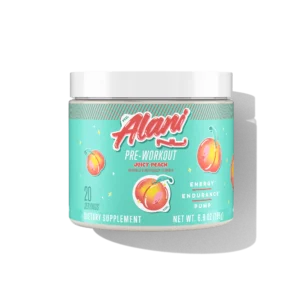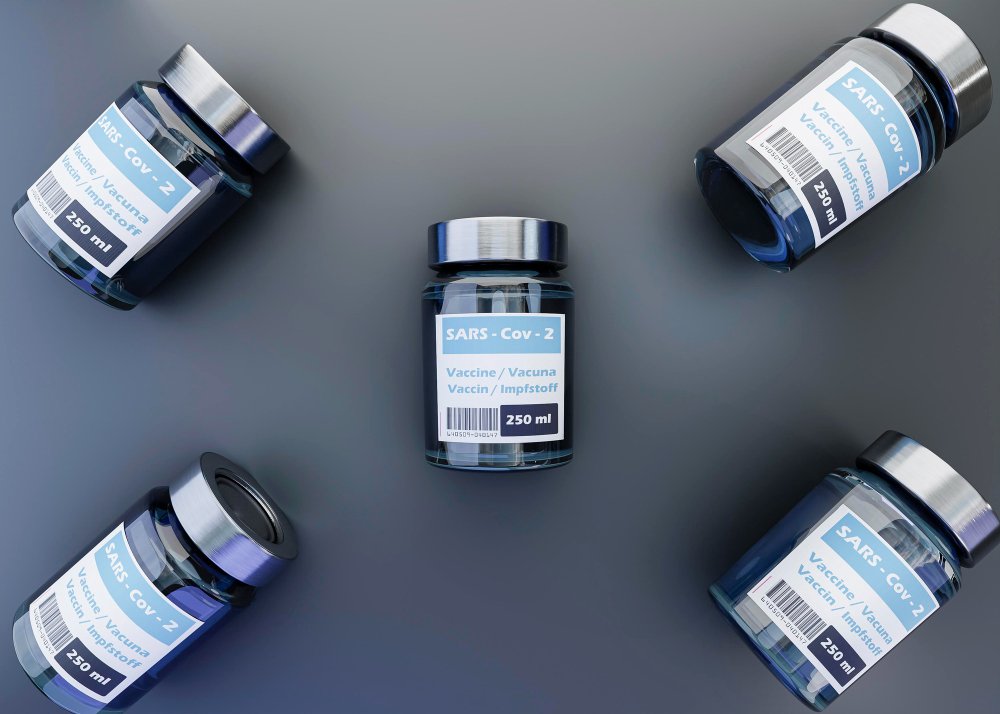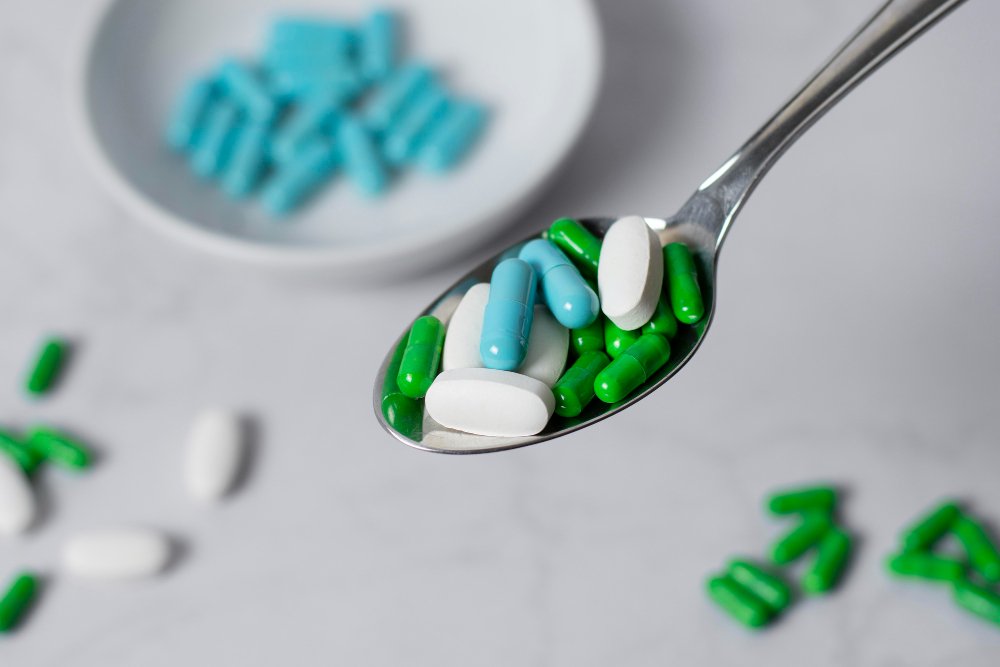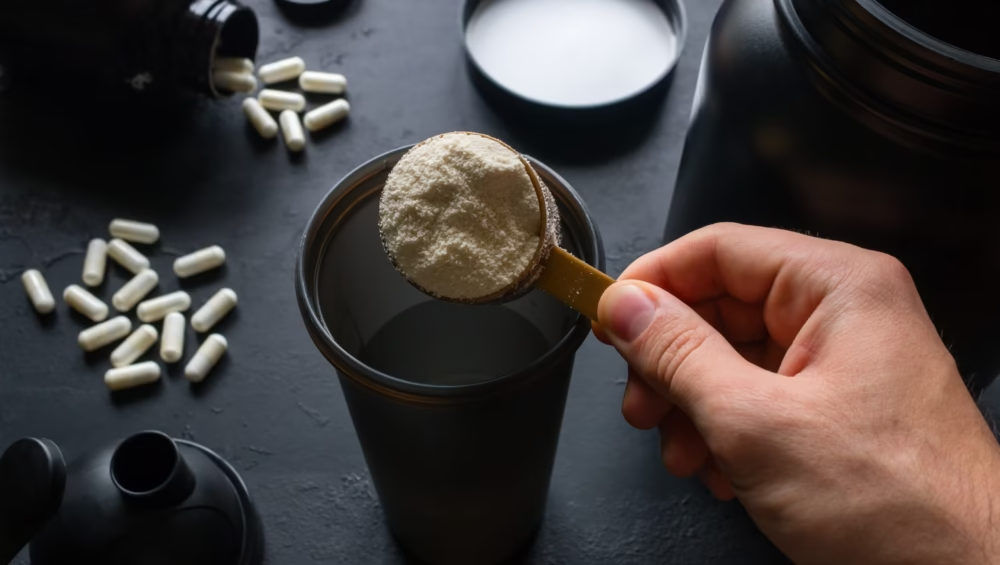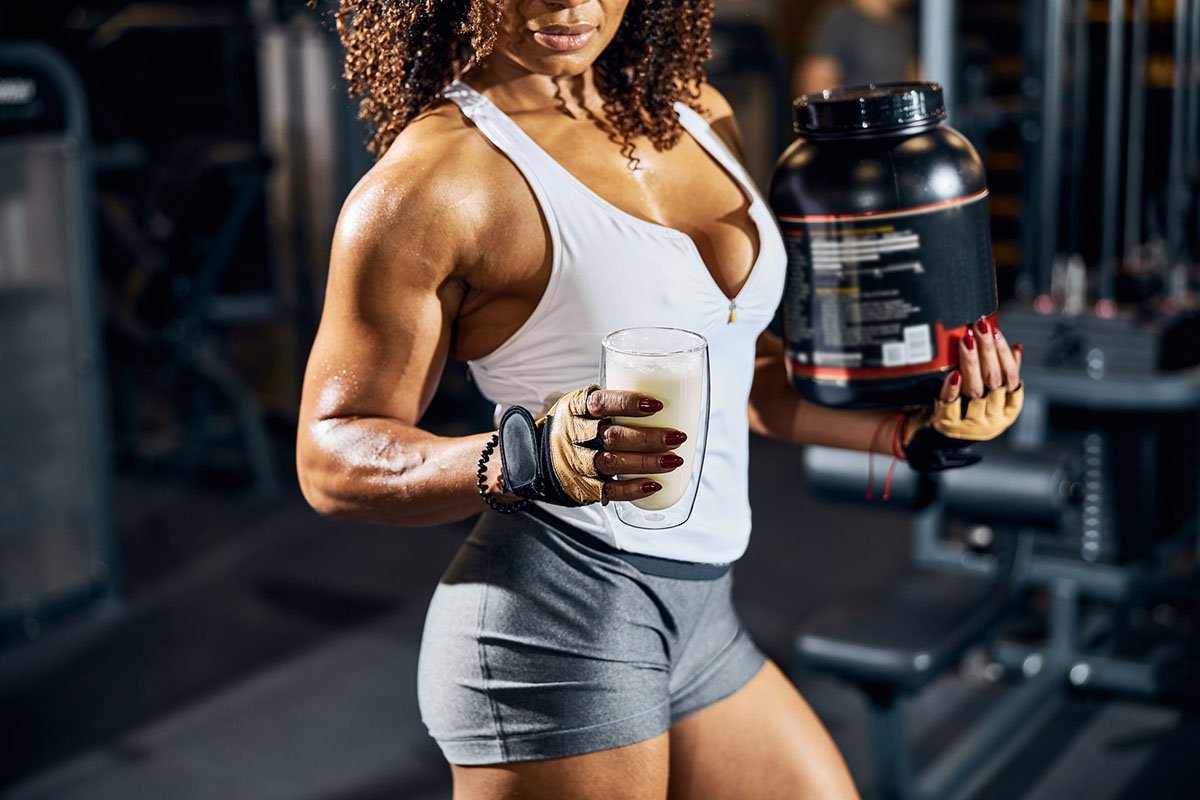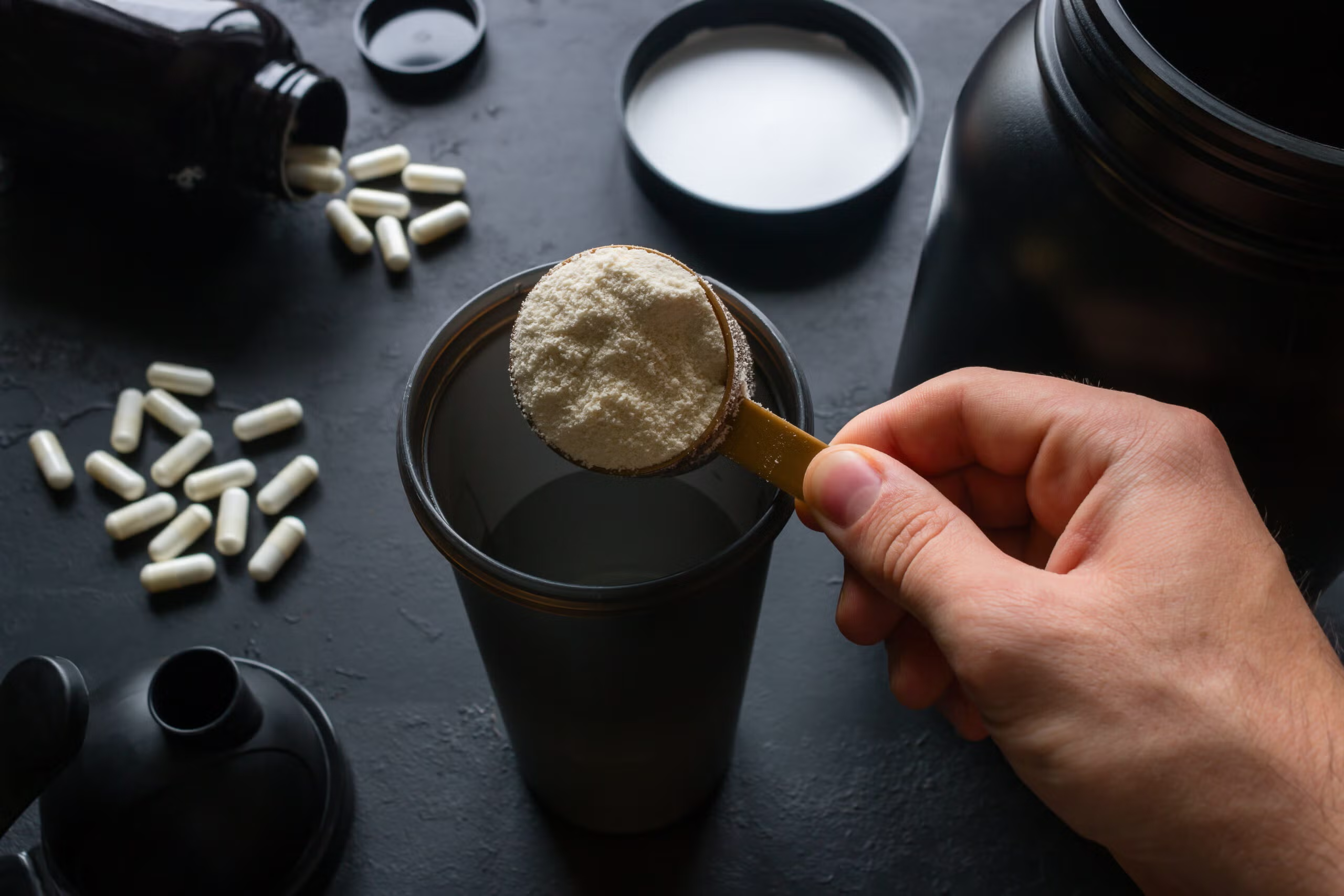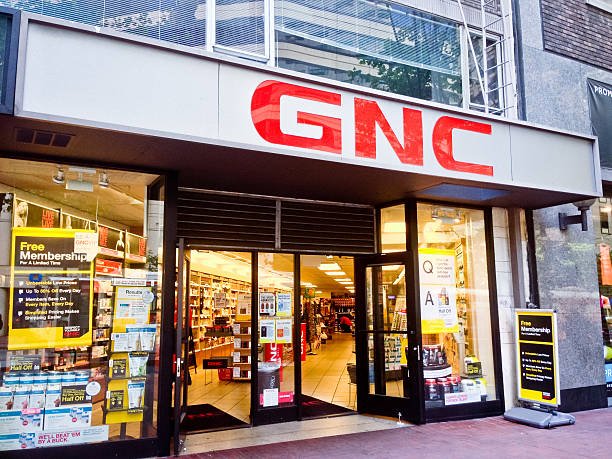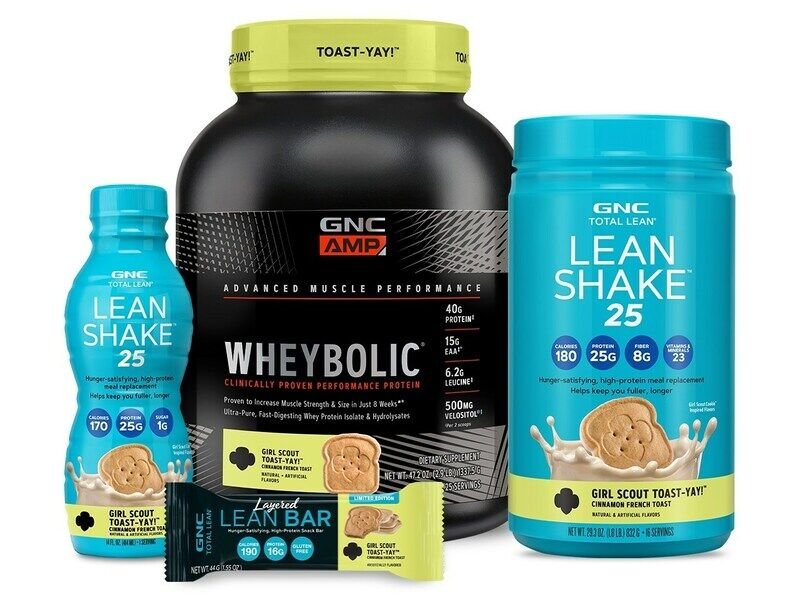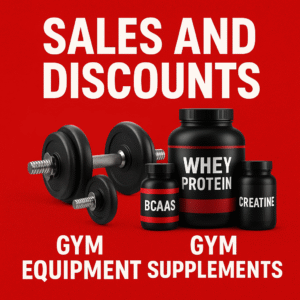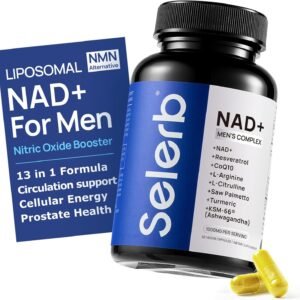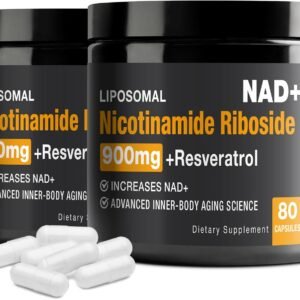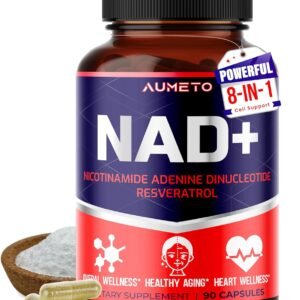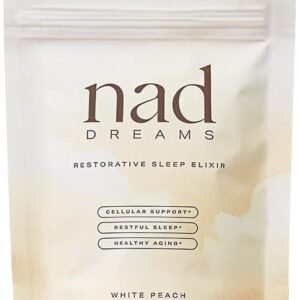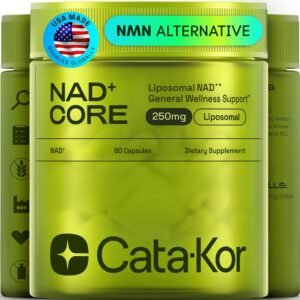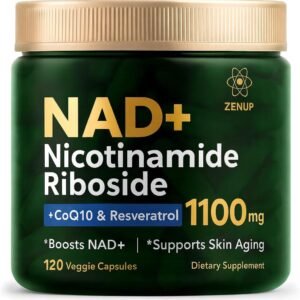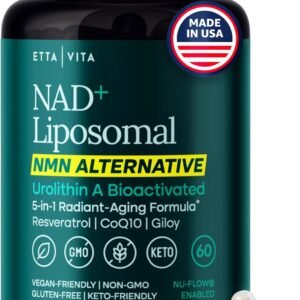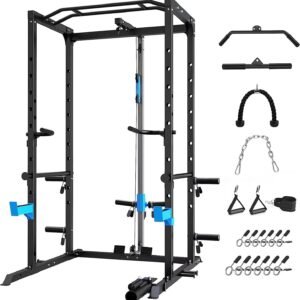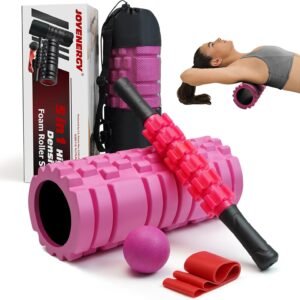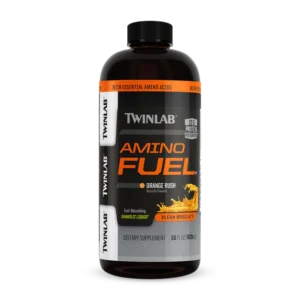Navigating the Complex Terrain of Testosterone Booster Supplements: A Critical Analysis
Testosterone Booster Supplements. What you need to know today. The pursuit of enhanced vitality, strength, and virility has led many to consider the category of dietary supplements marketed as testosterone boosters. These products promise to elevate endogenous testosterone levels, thereby influencing a spectrum of physiological functions from muscle protein synthesis to cognitive drive. This analysis moves beyond marketing claims to examine the scientific substrate, regulatory landscape, and pragmatic considerations surrounding these formulations, providing a framework for informed decision-making in an often-opaque marketplace.
Understanding the Endocrine Context: What is Testosterone, and Why Does It Fluctuate?
Testosterone, the primary androgenic hormone in males, is a critical regulator of musculoskeletal health, metabolic function, red blood cell production, and libido. Its production, orchestrated by the hypothalamic-pituitary-gonadal axis, exhibits natural variance. Levels peak in early adulthood and undergo a gradual, age-related decline—approximately 1% per year after age 30. Further modulations are induced by factors including chronic stress (elevated cortisol), insufficient sleep, adiposity (via aromatization to estrogen), nutritional deficiencies, and excessive alcohol consumption.
It is crucial to distinguish between clinically diagnosed hypogonadism—a medical condition requiring professional diagnosis and often pharmaceutical intervention (e.g., testosterone replacement therapy, or TRT)—and age-related or lifestyle-influenced low-normal levels. The latter is the primary target for over-the-counter booster supplements, which aim to support the body’s natural production pathways rather than introduce exogenous hormones.
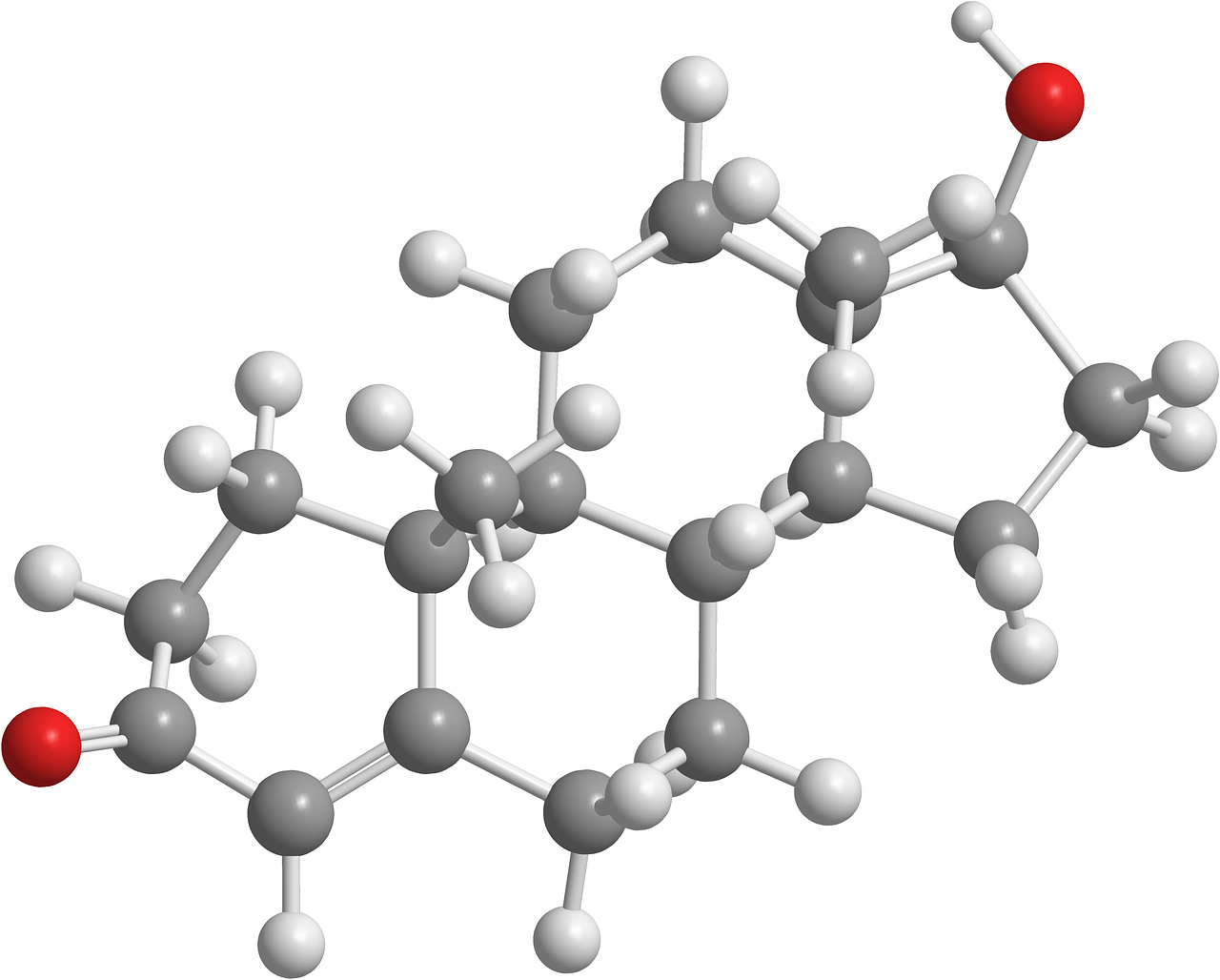
Deconstructing the Formula: Ingredients Under Scientific Scrutiny
The efficacy of a testosterone booster is contingent upon its constituent compounds. A sophisticated examination focuses on ingredients with plausible mechanisms and human clinical evidence, however nascent.
Key Ingredients with Supporting Research:
- Fenugreek Extract (Trigonella foenum-graecum): Specifically, extracts standardized for furosaponins (e.g., Testofen®). Research suggests it may support free testosterone levels by inhibiting enzymes that convert testosterone to dihydrotestosterone (DHT) and by displacing testosterone from sex hormone-binding globulin (SHBG), making it more bioavailable. Studies often note concomitant benefits in libido and strength perception.
- Ashwagandha (Withania somnifera): An adaptogenic herb. Clinical trials, particularly with KSM-66® or Sensoril® extracts, indicate it can reduce cortisol, improve stress resilience, and may increase testosterone in stressed or subclinical populations. Its primary value may lie in mitigating one of testosterone’s key suppressants.
- Zinc: An essential mineral directly involved in testosterone synthesis. Deficiency is strongly correlated with hypogonadism. Supplementation in deficient individuals can restore levels to baseline, but supra-physiological dosing in replete individuals yields diminishing returns.
- Vitamin D: Now recognized as a pro-hormone. Deficiency is widespread and correlated with low testosterone. Correction of deficiency through supplementation can support endocrine normalization.
- D-Aspartic Acid (D-AA): An amino acid that stimulates the release of luteinizing hormone (LH), a key signal for testosterone production. Evidence is mixed; some studies show transient increases in testosterone, particularly in untrained or subfertile men, while others show no effect in trained athletes. Its utility may be cyclical rather than continuous.
Common Ingredients with Ambiguous or Primarily Mechanistic Evidence:
- Tribulus Terrestris: Frequently marketed for libido enhancement, its direct impact on serum testosterone in humans remains inconsistent and is not strongly supported by robust clinical data.
- Boron: A trace mineral that may influence steroid hormone metabolism. Short-term studies suggest it can reduce SHBG and increase free testosterone, but long-term data and significance for athletic performance are not fully established.
- Maca Root: A Peruvian plant valued for its potential to enhance libido and sexual function, likely through mechanisms unrelated to direct testosterone modulation.
Check also article: Bodybuilding Supplements & Testosterone: The Real Science Behind Muscle Growth
Critical Considerations Beyond the Blend
A sophisticated evaluation extends past the ingredient panel to encompass broader, often overlooked factors.
1. The Regulatory Gray Area: Dietary supplements, including testosterone boosters, are regulated as food, not drugs, by the FDA under the 1994 DSHEA act. This means they are not approved for safety or efficacy before market entry. Manufacturers are responsible for ensuring product safety and label accuracy, but verification is primarily post-market. This underscores the necessity of choosing brands that adhere to third-party verification.
2. The Imperative of Third-Party Certification: To mitigate risks of contamination, adulteration, or label inaccuracy, seek products certified by independent organizations like NSF International, USP (United States Pharmacopeia), or ConsumerLab.com. These certifications verify that the product contains what the label claims and is free from harmful levels of contaminants.
3. Synergy with Foundational Lifestyle Interventions: No supplement can compensate for deleterious lifestyle choices. A booster’s potential is maximized only within a framework of:
- Adequate, High-Quality Sleep: The majority of daily testosterone pulse is released during deep, slow-wave sleep.
- Resistance Training: Particularly compound, heavy lifts (squats, deadlifts, presses) are a potent acute and chronic stimulator of anabolic hormone activity.
- Balanced Nutrition: Sufficient caloric intake, healthy fats (cholesterol is a precursor to testosterone), and micronutrient density.
- Stress and Weight Management: Reducing visceral adiposity and chronic psychological stress.
A Pragmatic Conclusion: Managed Expectations and Strategic Use
Testosterone booster supplements represent a category of nuanced potential, not a panacea. They may offer a marginal, supportive benefit for individuals with suboptimal lifestyles or specific, mild deficiencies, acting as endocrine optimizers rather than radical transformers.
For the discerning individual, the strategic approach involves:
- Prioritizing lifestyle optimization as the non-negotiable foundation.
- Selecting a product with a transparent, research-informed ingredient profile from a brand with stringent quality controls and third-party certification.
- Setting realistic expectations; significant, dramatic changes in serum testosterone are unlikely without pharmaceutical intervention.
- Consulting with a healthcare professional before commencement, particularly for individuals with pre-existing medical conditions or those taking other medications.
The ultimate “boost” may not come from a bottle, but from a holistic commitment to physiological stewardship, of which a well-chosen supplement may serve as one considered component.

Frequently Asked Questions (FAQ)
1. Do testosterone boosters actually work for building muscle?
Their direct impact on significant muscle hypertrophy is modest at best. They may support the hormonal environment for recovery and synthesis, especially if a deficiency is corrected (e.g., Zinc, Vitamin D). However, muscle growth is predominantly driven by consistent progressive overload in training, adequate protein intake, and caloric surplus. A booster is not a substitute for these fundamentals.
2. Are testosterone booster supplements safe?
Safety is highly product-dependent. Risks include potential side effects from individual ingredients (e.g., digestive upset from Fenugreek), interactions with medications, and the significant risk of adulteration with undeclared, potentially harmful substances like prohormones or SARMs in non-certified products. Third-party certification is the best proxy for safety assurance.
3. What is the difference between a testosterone booster and SARMs or prohormones?
This is a critical distinction. Testosterone boosters are dietary supplements intended to support natural production. SARMs (Selective Androgen Receptor Modulators) and prohormones are synthetic compounds that directly activate androgen receptors or convert into active hormones. They are often sold as “research chemicals” but can pose serious health risks (liver toxicity, negative feedback shutdown of natural production, lipid profile damage) and are banned by most sports organizations. They exist in a dangerous legal and regulatory gray area.
4. How long does it take to see results from a testosterone booster?
If an effect is to be observed, most clinical trials measure changes over periods of 8 to 12 weeks. This is not an immediate solution. Effects on subjective feelings of well-being or libido may be perceived earlier, but biomarker changes (e.g., serum testosterone) require a sustained period of consistent use alongside proper lifestyle.
5. Should I get my testosterone levels tested before taking a booster?
It is highly advisable. A simple blood panel can establish a baseline and determine if you are clinically low, in the normal range, or optimal. This informs whether your efforts are best directed toward lifestyle and supplementation or require a consultation with an endocrinologist about potential medical treatment. Self-administering supplements in the presence of symptomatic hypogonadism can delay appropriate diagnosis and care.
